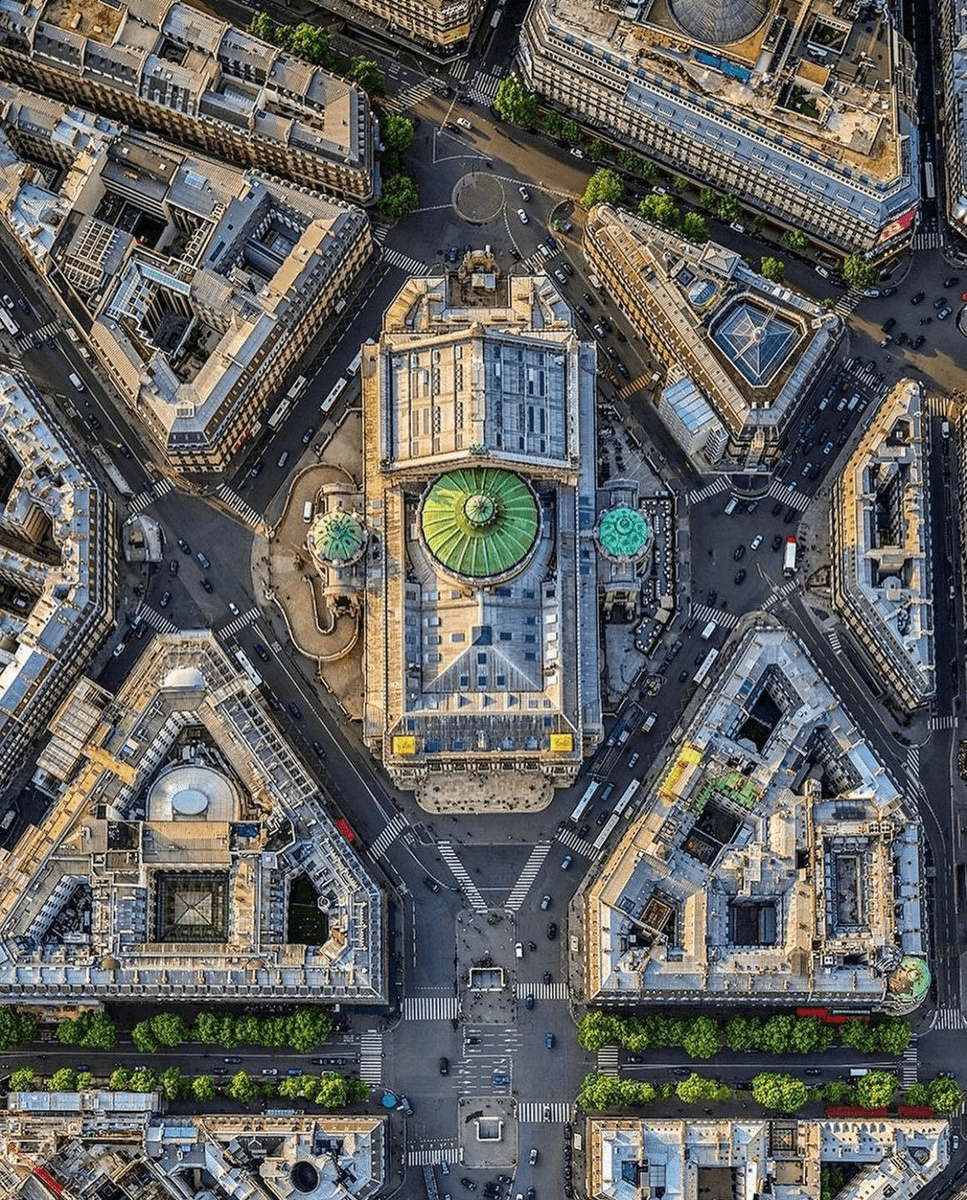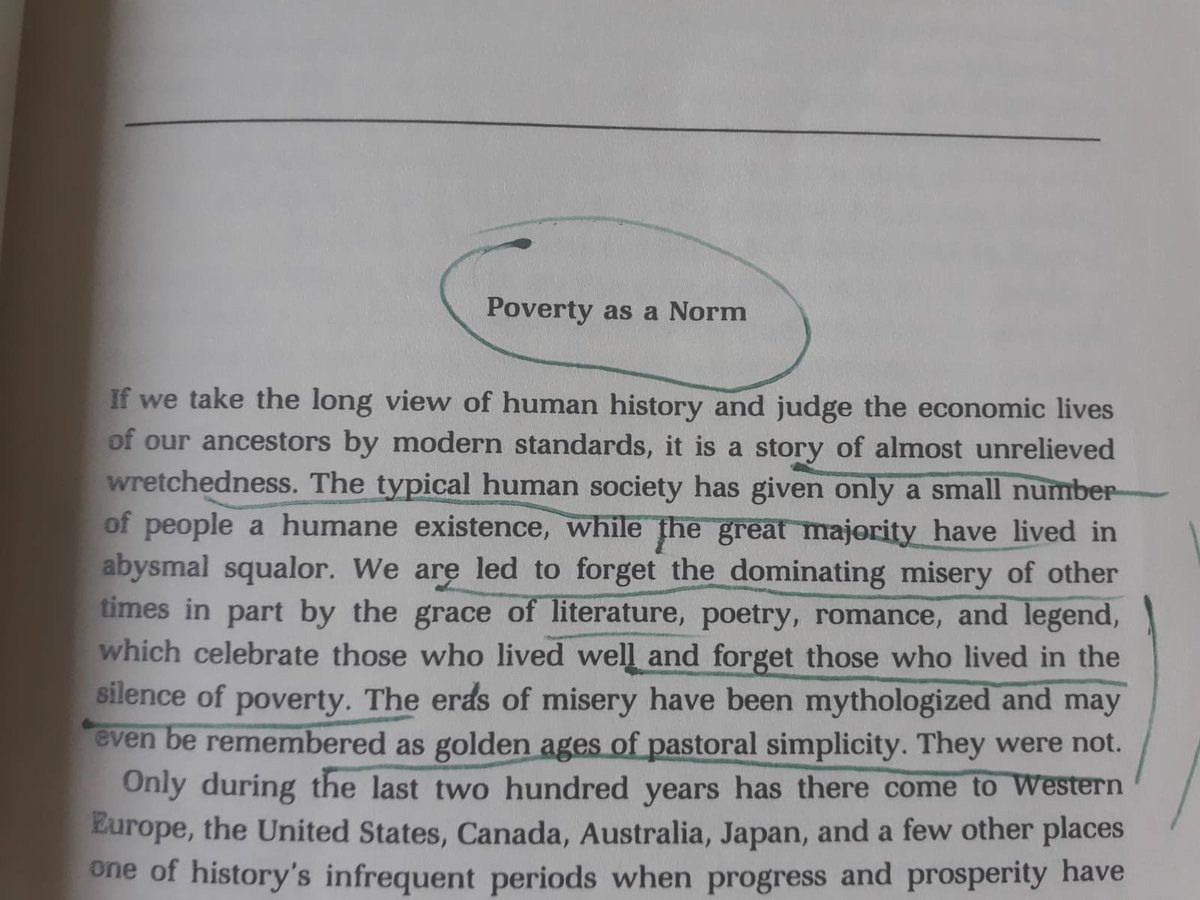
I write https://t.co/eRmfXwtZlY, a newsletter about the development and identity of civilizations || I also talk ☢️ & economics || In 🇫🇷 here: @guillaume_ggc
4 subscribers
How to get URL link on X (Twitter) App


 17th century scientists discovered the great laws of science by searching for divine laws, because Christian doctrine postulates the existence of a God who organizes a universe ordered according to laws that can be discovered.
17th century scientists discovered the great laws of science by searching for divine laws, because Christian doctrine postulates the existence of a God who organizes a universe ordered according to laws that can be discovered.



 The author's thesis in 3 sentences:
The author's thesis in 3 sentences: 


 1. Competition
1. Competition 


 First, the authors point out that for millennia, poverty among the masses was the norm:
First, the authors point out that for millennia, poverty among the masses was the norm: 



 I wanted to write about The Rise and Fall of the Great Powers, the book by 🇬🇧 historian Paul Kennedy, where he explains Europe’s rise.
I wanted to write about The Rise and Fall of the Great Powers, the book by 🇬🇧 historian Paul Kennedy, where he explains Europe’s rise.


 First, the authors point out that for millennia, poverty among the masses was the norm:
First, the authors point out that for millennia, poverty among the masses was the norm: 



 To begin with, Bouissou explains that 🇯🇵 is one of the few countries to have a religion that it doesn't share with any other country.
To begin with, Bouissou explains that 🇯🇵 is one of the few countries to have a religion that it doesn't share with any other country. 


 1. The Greek Miracle: the invention of democracy, freedom under the law, and science.
1. The Greek Miracle: the invention of democracy, freedom under the law, and science.


 The Cîteaux Abbey was founded on 21 March 1098. The Cistercian monks advocated asceticism and made work a fundamental value, in contrast to the wealthy nearby abbey of Cluny, which they criticised for devoting too little time to work in daily life.
The Cîteaux Abbey was founded on 21 March 1098. The Cistercian monks advocated asceticism and made work a fundamental value, in contrast to the wealthy nearby abbey of Cluny, which they criticised for devoting too little time to work in daily life. 


 very differently from the rest of the world. And 🇺🇸 anthropologist and Harvard professor Joseph Henrich explains why in his book "The WEIRDest People in the World - How the West Became Psychologically peculiar and Particularly Prosperous".
very differently from the rest of the world. And 🇺🇸 anthropologist and Harvard professor Joseph Henrich explains why in his book "The WEIRDest People in the World - How the West Became Psychologically peculiar and Particularly Prosperous".


 1. Competition
1. Competition


 This graph shows the number of births of important scientists (per million inhabitants) in Western Europe and the Middle East.
This graph shows the number of births of important scientists (per million inhabitants) in Western Europe and the Middle East.


 First of all, Landes shows that the Western scientific and economic take-off of the 16th century did not come out of nowhere: far from the cliché of the "Dark Ages", medieval Europe was one of the most innovative and inventive periods in history.
First of all, Landes shows that the Western scientific and economic take-off of the 16th century did not come out of nowhere: far from the cliché of the "Dark Ages", medieval Europe was one of the most innovative and inventive periods in history.


 The authors point out that for millennia, poverty among the masses was the norm: "These eras of misery have been mythologized and may even be remembered as golden ages of pastoral simplicity", when in reality, the masses lived in the "silence of poverty".
The authors point out that for millennia, poverty among the masses was the norm: "These eras of misery have been mythologized and may even be remembered as golden ages of pastoral simplicity", when in reality, the masses lived in the "silence of poverty". 